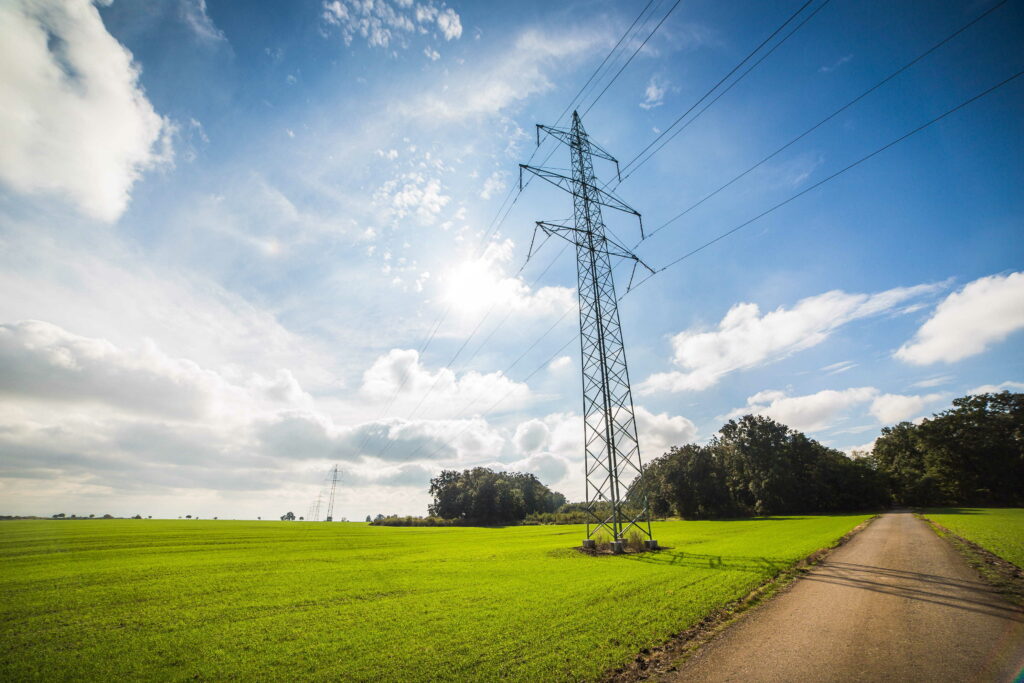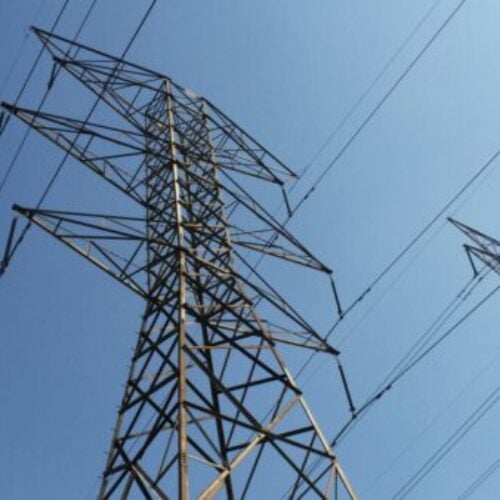The energy crisis could expose energy suppliers to around £1.9 billion of debt, much of which would be unrecoverable, according to a new report from Cornwall Insight and Complete Strategy.
Recorded within its Bad debt and energy suppliers: A systematic risk report, Cornwall Insight outlined that the amount of debt being accumulated by domestic energy suppliers is increasing due to the ongoing cost-of-living crisis.
This “bad debt” is being accumulated due to households becoming increasingly unable to pay bills. With energy suppliers being unable to recover these debts, there are increasing concerns in the sector that very challenging financial circumstances could be looming in the new year.
Bad debt is set to amass further for households once the Energy Price Guarantee changes its cap on energy costs from £2,500 to £3,000 from April 2023. This will lead to increased costs for consumers and cause further strain for households who are already struggling amid the energy crisis.
More pressing is that with the accumulation of bad debt, it has the potential to cripple the energy market. The report stated that the debt increases expected by suppliers could outweigh the allowed profits they are able to achieve within the Energy Price Guarantee, which under the £2,500 cap allows for profit margins of around 1.9%.
“The knock-on effect of unpaid bills has the chance to be harmful to suppliers, many of whom were already working with very tight profit margins. The sad truth is, as bad-debt increases, so does the chance of supplier failure,” said Dr Matthew Chadwick, lead research analyst at Cornwall Insight.
“The end cost of any exits will ultimately be borne by those paying the energy bills and without urgent action, suppliers and consumers could be left in a cycle of higher bills, increasing debt, supplier failure and ultimately even higher bills.”
To prevent this from occurring, the report outlines that policy and regulation must be implemented by the government to safeguard energy suppliers and prevent a similar crisis to the one that led to almost 30 energy suppliers collapsing at the start of the year.
“A solution is not easy, and government and industry need to do what they can to make sure the most vulnerable are suitably protected,” Chadwick added.
“At the same time, there needs to be a clear path for suppliers to recover the increasing levels of bad debt they are incurring. In practice, this means that the costs of bad debt will either need to be carried by the suppliers or by customers who are in a position to pay. It is important that the industry finds a balance in which customer detriment is minimised, while reducing the overall risk to suppliers.”
Should these elevated levels of debt occur, and a number of energy suppliers exit the market, there are concerns the energy market could run the risk of no longer being truly competitive.
“We are in the middle of a period of extreme energy prices with customers and businesses struggling to meet their bills, and millions more households now in fuel poverty,” said Arthur Mitchell, principal at Complete Strategy.
“Ofgem will need to find ways to protect current customers without putting undue pressure on future customers or energy suppliers from the impact of this debt. This is a very tricky balance to get right but will be essential if customer bills are to come down quickly when wholesale prices drop.”






